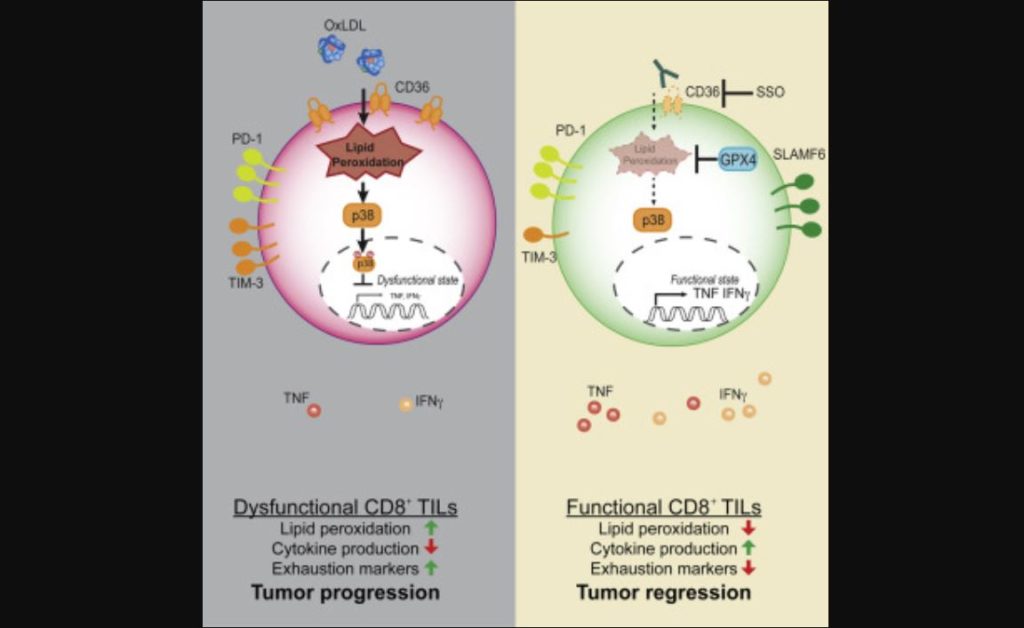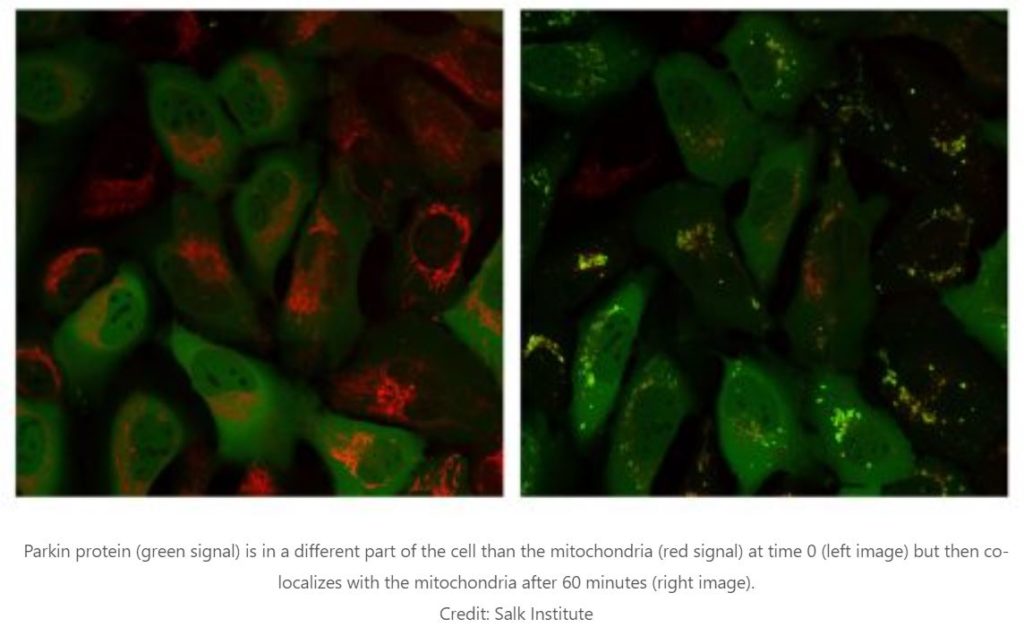
Photo: Shutterstock.com
In fruit flies, antioxidants reverse tumor-related cardiac dysfunction. A new study in animal models shows that the presence of a cancer tumor alone can lead to cardiac damage, and suggests the culprits are molecules are free radicals interacting with specific cells in the heart.
Tumors in mice and fruit flies led to varying degrees of cardiac dysfunction – particularly a decrease in the heart’s blood-pumping capabilities.
Adding specific types of antioxidants to food consumed by fruit flies with tumors reversed the damage to their hearts – a finding suggesting that harm caused by free radicals was the likely link between cancer and cardiac dysfunction.
“Cancer becomes a systemic disease...
Read More








Recent Comments